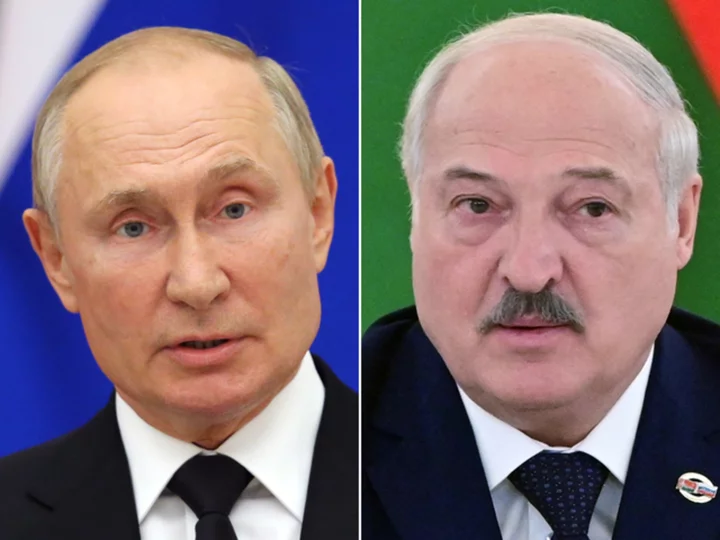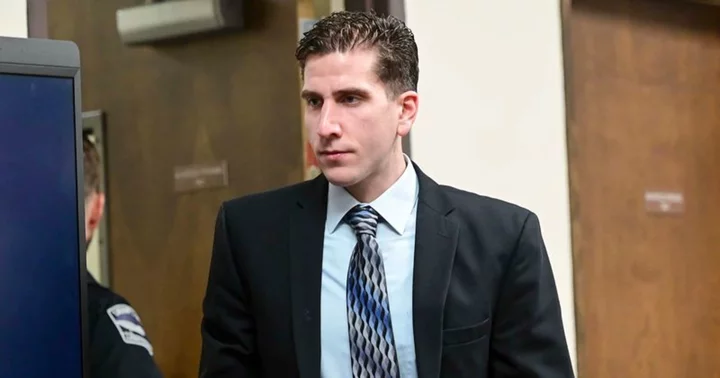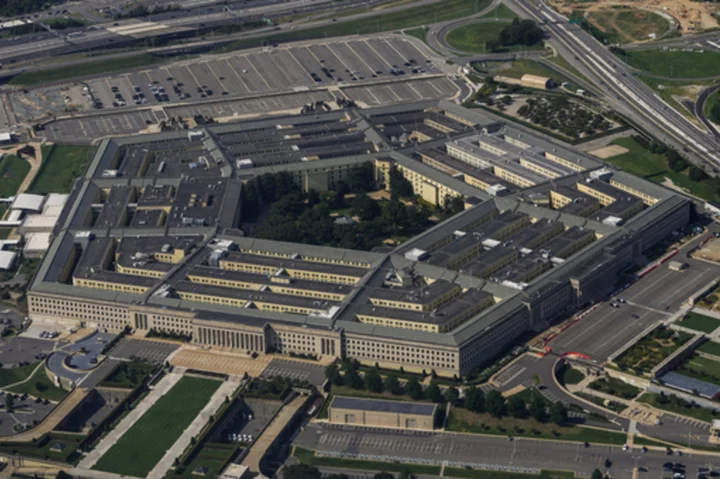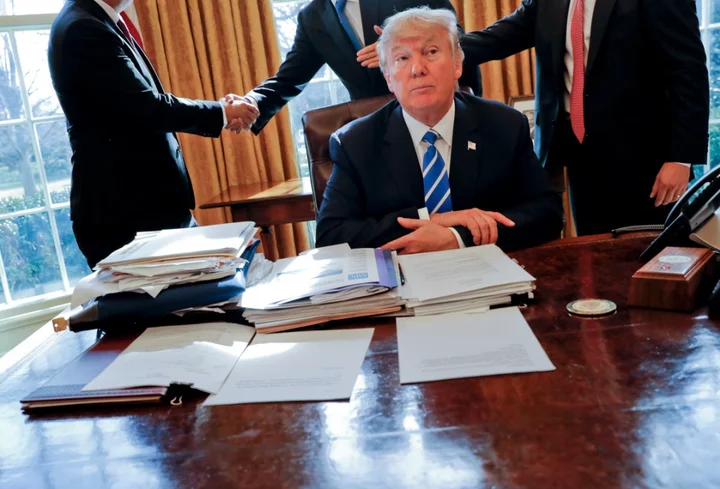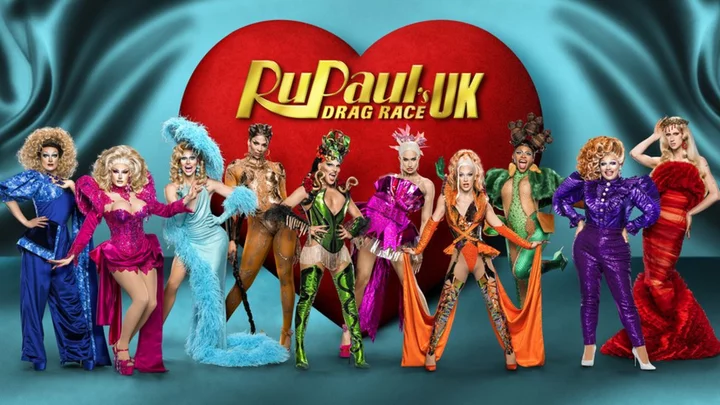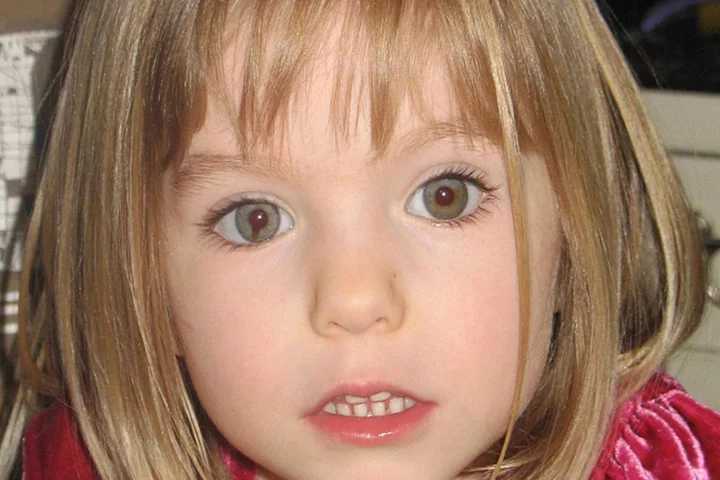Belarus President Aleksandr Lukashenko claims he convinced Russian leader Vladimir Putin not to "destroy" the Wagner group and its chief Yevgeny Prigozhin, talking up his role in halting the mercenaries' military insurrection that caused crisis in Russia at the weekend.
Lukashenko on Tuesday described his view of the negotiations that led to Prigozhin ending his march towards Moscow, and said the oligarch is now in Belarus per the deal.
"The most dangerous thing, as I understand it, is not what the situation was, but how it could develop and its consequences," Lukashenko said, according to Belarussian state media.
"I also realized there was a harsh decision taken - to destroy. I suggested Putin not to hurry. Let's talk with Prigozhin, with his commanders."
Lukashenko -- a longtime ally of the Russian President -- said Putin told him: "Listen, Alex, it's useless. (Prigozhin) doesn't even pick up the phone, he doesn't want to talk to anyone."
But Lukashenko said he managed to get hold of the Wagner boss and, according to his account, warned he would be "crushed like a bug" if Wagner troops continued their advance to the Russian capital.
"We talked for the first round of 30 minutes in a swear language. Exclusively. There were 10 times more swear words (I later analyzed them) than normal vocabulary," Lukashenko added, describing his interactions with a foul-mouthed Prigozhin.
"Of course, he apologized in advance, and began to tell me everything using these obscene words."
The Kremlin has credited Lukashenko with helping to deescalate the situation, though the Belarus leader's account of events has not been corroborated by Putin or Prigozhin.
Kremlin spokesperson Dmitry Peskov said Lukashenko was able to draw on a personal relationship with Prigozhin to reach the deal, which would also see Wagner troops and equipment absorbed by the Russian military.
Russia's Federal Security Service meanwhile said it would drop a case against Wagner fighters over the apparent uprising.
Prigozhin's rebellion marked a sudden and dramatic escalation of his long-running feud with Russia's military commanders.
He seized control of a southern military headquarters and directed his private Wagner troops towards Moscow, and demanded the resignation of defense minister Sergei Shoigu -- a call that Lukashenko says he eventually backed down from during discussions.
While Putin survived the events, his standing appears significantly weakened. In an address on Monday, the Russian leader thanked the mercenaries for making the "right decision" in halting their advance, and offered them contracts to join the Russian ministry of defense's force. He also claimed that the "armed rebellion would have been suppressed anyway," without specifying how.
Lukashenko said Tuesday that Prigozhin has received his personal assurances of safety, and the safety of his men, in order to defuse the rebellion on Saturday evening.
"At five o'clock in the evening he called me and said: "...I accept all your conditions. But ... What should I do? We stop - they will destroy us." I say: "They won't. I guarantee you. I'll take it upon myself," Lukashenko recalled.

